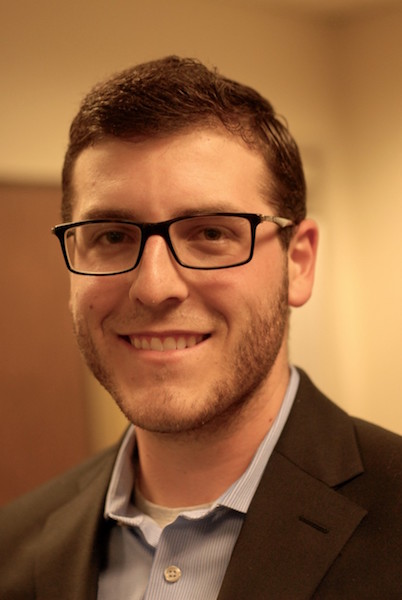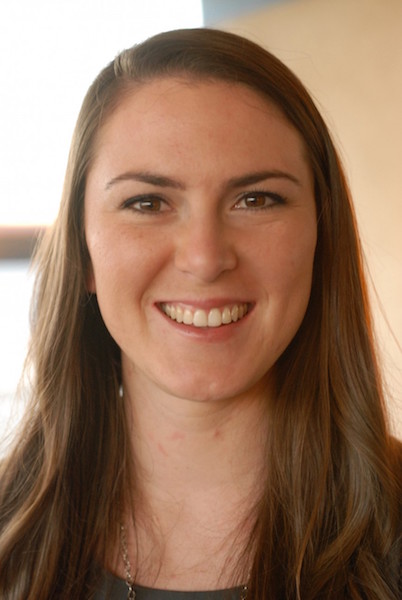Agriculture Science Recognition Awards, Part 4
Elizabeth Mosqueda, Agriculture Science Recognition Award Honoree
By Charmayne Hefley, Associate Editor
Elizabeth Guerrero Mosqueda, a graduate student in the Department of Plant Science at Fresno State, was one of four students to receive the Agriculture Science Award in mid-March presented by Jim Patterson, California assemblymember, along with, Sandra Witte, dean of the Jordan College of Agricultural Sciences and Technology and Lawrence Salinas, Fresno States’s executive director of government relations.

Jim Patterson, California State Assemblymember
Patterson said Mosqueda, the child of migrant farmworkers from Mexico,“set her sights on overcoming many obstacles from an early age. Elizabeth’s parents worked on the lettuce fields in the Salinas Valley, which led to her understanding the vital role farmworkers have in harvesting crops and the impact of frequent labor shortages on farming. All of that experience led her to study ways to improve lettuce production.”
Patterson said the labor shortage has required the use of automated lettuce thinners to raise lettuce, one of the state’s biggest crops. “But some farmers are hesitant to use new technology,”said Patterson, “so Elizabeth decided to roll up her sleeves two and a half years ago” and conducted her graduate studies on the comparison of using lettuce thinning machines to lettuce work done by hand. “She completed her study and has since traveled nationwide to share her findings with other scientists and agronomists.”
Patterson added Mosqueda was recently selected as one of fifty students nationwide to attend American Society of Agronomy’s Graduate Student Leadership Conference.
“Elizabeth believes that life is a challenge that shapes us into the people that we are meant to be,” Patterson said. “And each and every struggle and accomplishment that life has presented her has made her, and is making her, into the dedicated, hardworking and successful woman she is today.”
While at Fresno State, Patterson said Mosqueda helped to reestablish the Plant Science Club, serving as both the club’s secretary and president. “Elizabeth is also a member and has volunteered for the Central Valley California Women for Agriculture,” Patterson said, “and many other local, statewide and national farming organizations.”
Mosqueda was encouraged to apply for the award by professors in her department. “I’m very proud to be a part of the Department of Plant Science,” Mosqueda said. “I’m very thankful to all my professors, my advisor and all the other mentors who have helped me achieve this prestigious award.”
One month away from completing her program, Mosqueda hopes to obtain a position with the University of California Cooperative Extension (UCCE), Monterey County as a farm advisor either in vegetable crop production or weed science upon graduation. Mosqueda said she would like to “help growers firsthand with the problems that are going on in our agriculture industry today.”














